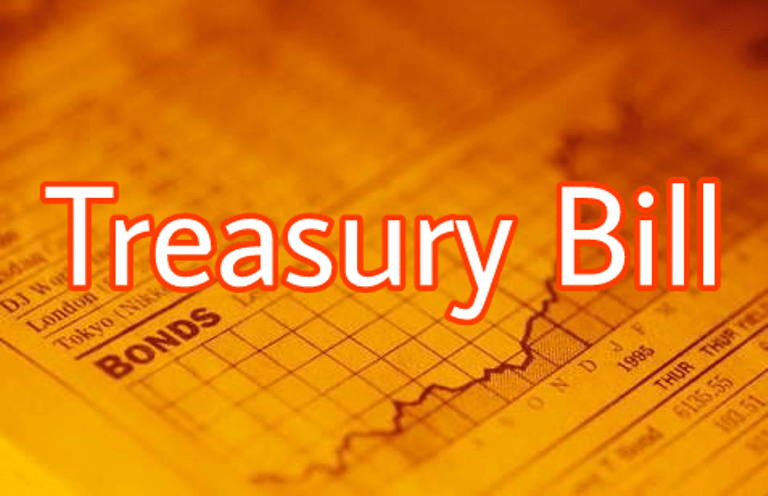The Bank of Ghana recently conducted a Treasury bills auction, which attracted significant investor interest, with the auction being oversubscribed by 6.57%. The total value of the auction was GH¢1,767.00 million, and at the end of the auction, the Bank of Ghana accepted T-bills worth GH¢1,293.34 million, GH¢422.18 million, and GH¢140.38 million for the 91, 182, and 364-day T-bill auction bids, respectively.
Despite the high level of investor interest, the accepted bids were lower than the tendered bids, with the acceptance rate standing at 98.56%. The yields for the 91, 182, and 364-day T-bills all recorded gains, settling at 19.69%, 22.25%, and 26.97%, respectively.
This result is indicative of the ongoing investor confidence in the Bank of Ghana and the stability of the Ghanaian economy. In recent years, Ghana has been making significant strides in its economic growth, with the country experiencing robust GDP growth rates of 6.5% in 2019 and 4.1% in 2020 despite the COVID-19 pandemic.
The Bank of Ghana’s auction is a clear indication of the appetite for investment opportunities in the country, particularly in the fixed income market. This auction saw strong demand for T-bills, which are considered to be a safe and secure investment option for investors looking to earn a steady return on their investments.
Looking ahead, the Bank of Ghana has set a target of GH¢1,666.00 million for the next auction, Tender #1846, for 91, 182, and 364-day T-bills. This ambitious target suggests that the Bank of Ghana is expecting sustained demand for its Treasury bills in the near future.
The Bank of Ghana has been implementing a number of policies to ensure financial stability in the country, including the use of Treasury bills to manage liquidity and the introduction of a new collateral registry to improve access to credit. These policies have been well-received by investors and have helped to bolster investor confidence in the Ghanaian economy.
The Bank of Ghana’s recent Treasury bills auction is a clear indication of the strength and stability of the Ghanaian economy. With sustained investor interest in the country, particularly in the fixed income market, the Bank of Ghana’s efforts to promote financial stability and economic growth are likely to continue to bear fruit in the years to come.
Source: Norvanreports

